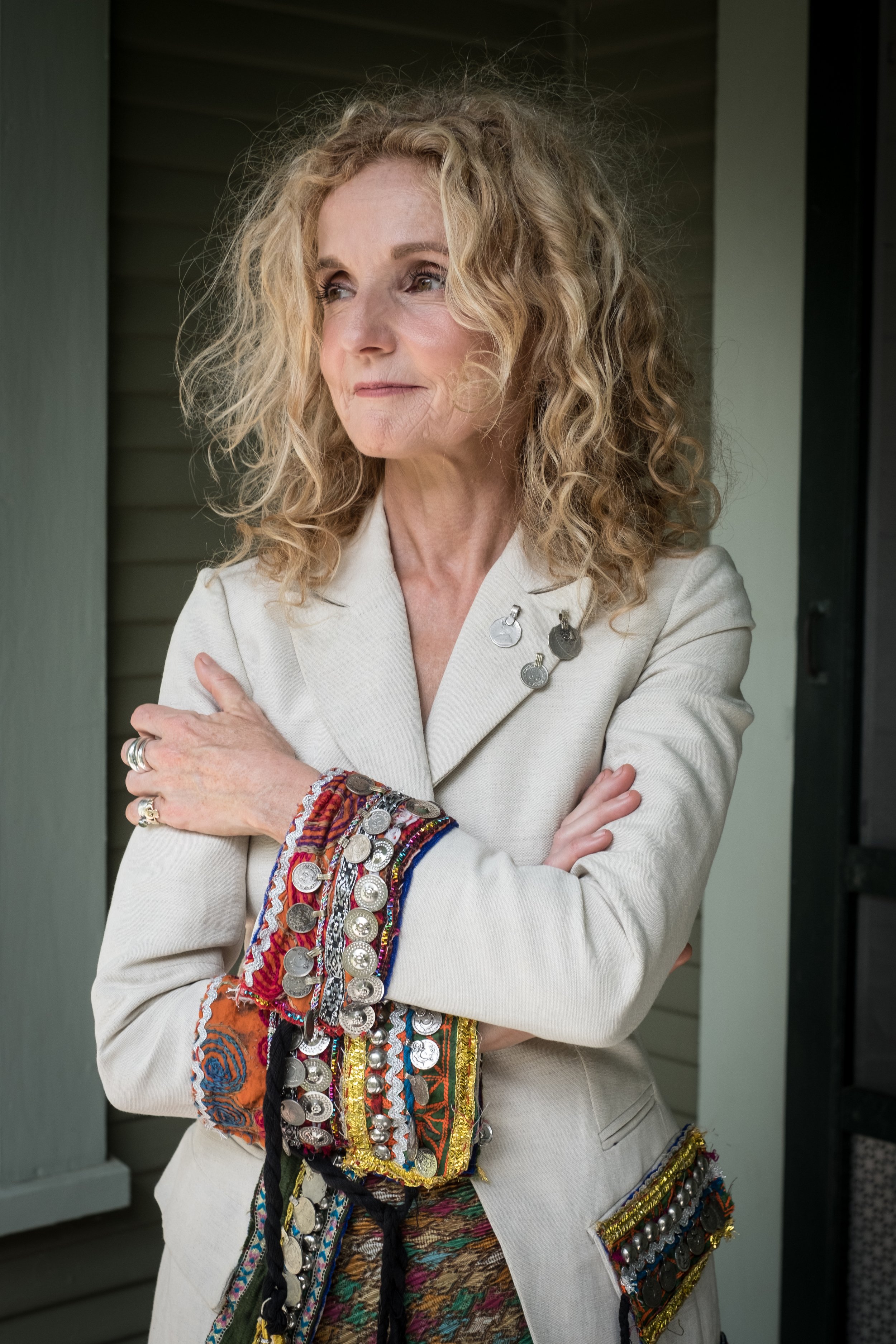1) The music of Patty Griffin / Every now and again, I’m reminded that Patty Griffin is one of the great songwriters we have. To wit, this week I was spinning her 2002 album “1000 Kisses” which moves, at one point, from the gorgeous ballad “Be Careful” (“Be careful how you bend me / Be careful where you send me / Careful how you end me / Be careful with me,” she pleads tenderly) into “Long Ride Home,” which makes the shortlist of songs I hope people play after my funeral. An American treasure.
2) The music of Caamp / If Ray LaMontagne fronted a string band, you’d have something like this Ohio outfit. I love the scruffy pop goodness in their songs, the way they remind me of the best parts of early Kings of Leon (without the bombast or bravado). I’m never not smiling when Caamp is on the radio or the hi-fi.
3) Louise Erdrich, “The Sentence” / The decorated novelist is fast becoming a favorite of mine. Her latest is ostensibly a ghost story, but it’s so much more: a COVID- and George Floyd-era meditation, a consideration of native identity, a working definition of family. And, as with most Erdrich books, it offers a relatable, lived-in world where readers can get to know characters that feel like little fragments of themselves.
4) Kaya Oakes, “How the Great Dorothy Day’s Anger Was an Expression of Her Faith” for LitHub / This excerpt from Oakes’ new book, “The Defiant Middle,” is required reading. It begins as an exploration of Dorothy Day, a life and legacy that remains deeply fascinating to me, then opens into a searing, needed study of the role anger plays in the way women express their faith. Oakes’ work, as usual, is both thorough and breathtaking. As a man in religious spaces, it left me culpable—and grateful, both for the rebuke and a more complete image of God, as fleshed out by my sisters across time, place and church.
Oakes writes:
Perhaps righteous anger in women is in some ways more acceptable. After all, caring for the oppressed and downtrodden is built into the foundational values of every world religion. But the real threat is the irrational, everyday kind of anger that boils up from hormones and misogyny and racism and body-policing and constantly being told that you are getting everything wrong: wearing the wrong bra size and washing your hair wrong and having the wrong kind of eyebrows and wearing the wrong jeans for your figure/age and wrongly assuming that those years and years of perfecting your “I’m not angry” face have actually worked, because every woman apparently has a “bitch face,” and nothing turns a woman into a bitch faster than expressing her anger. And what is a bitch, after all, but a name for a female dog: bred and born to be brought to heel.
For women this anger is intertwined with our experiences of religion, particularly in this era when the failures and abuses perpetrated by religious leaders are regularly laid bare for the world to see. Throughout the Bible, it is trust in God that brings people to safety, that shepherds them away from danger, that escorts them out of this life with grace. But when churches you invest faith and trust in victimize the most vulnerable, anger seems like a perfectly logical response.
5) Danielle Geller, “Dog Flowers” / I don’t toss the word “harrowing” around casually, but it applies to this memoir from Danielle Geller. A thousand tiny tragedies add up to overarching dread in Geller’s coming-of-age account. But we never fear making the trip with her, on account of her soulful, considered writing.



